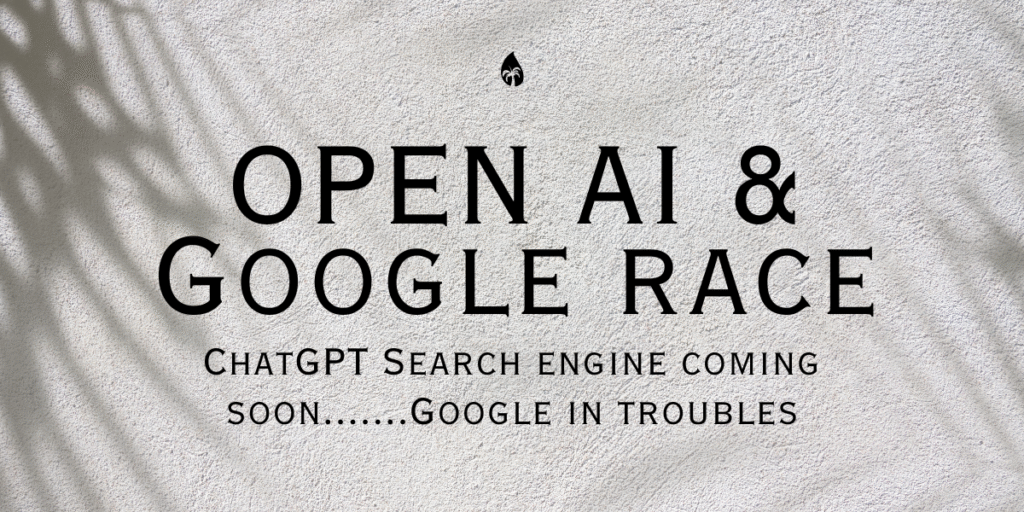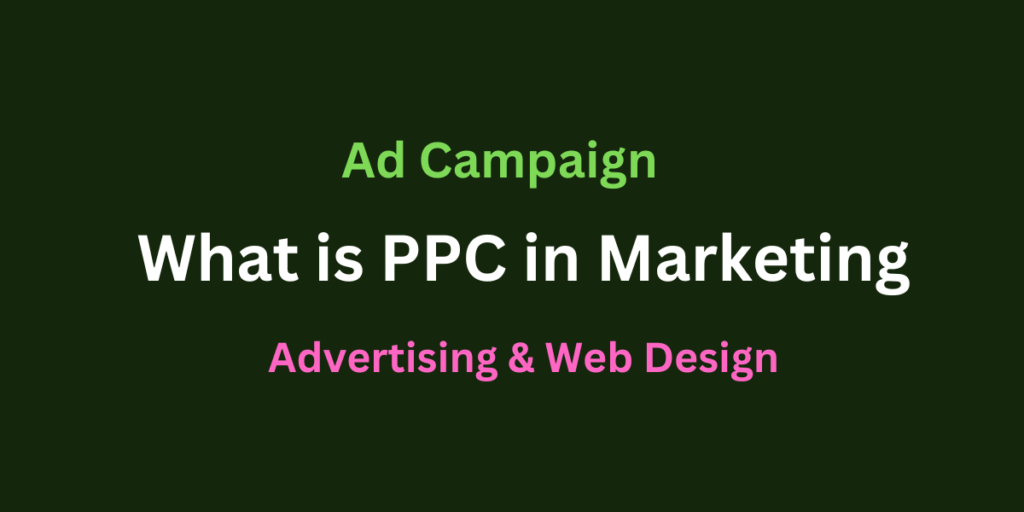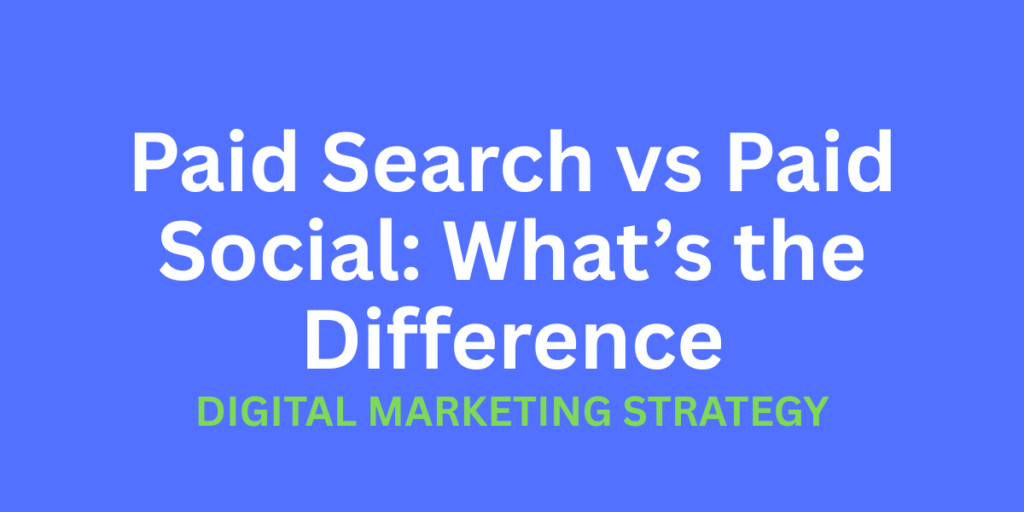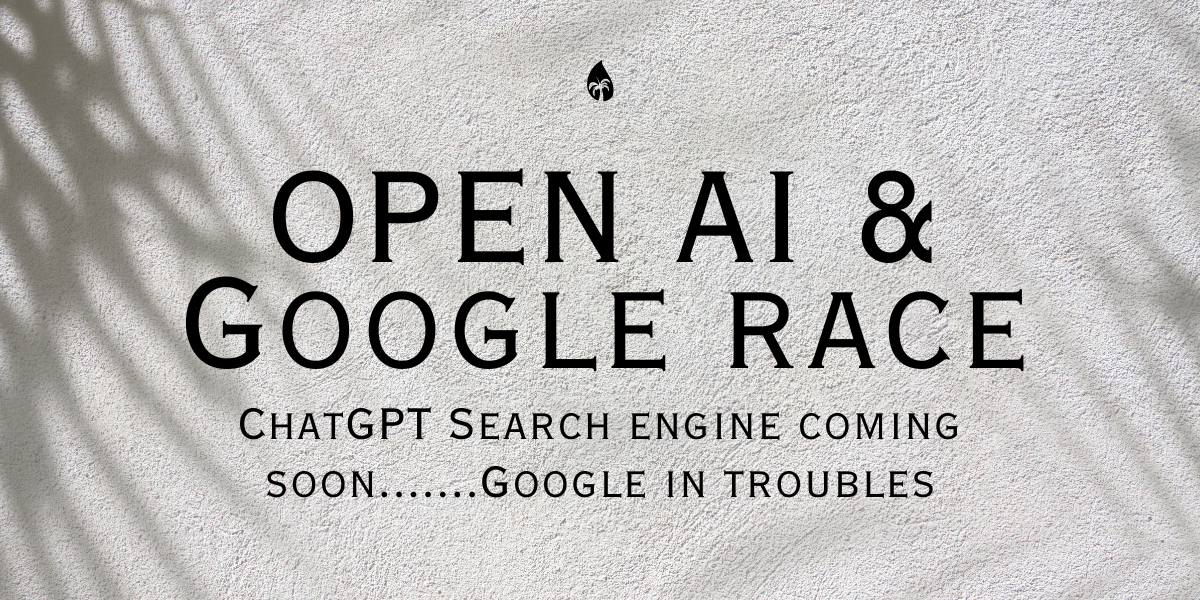Google in troubles, Open AI race for Search engine
The digital world has undergone a massive transformation with the advent of artificial intelligence (AI), particularly large language models (LLMs) like ChatGPT. One of the most profound changes has been in how people access and consume information. This shift is forcing major players like Google to rethink their traditional search engine algorithms, while OpenAI’s ChatGPT redefines how users interact with the internet. As the battle for dominance in information retrieval unfolds, it’s clear that AI is not just a tool — it’s a disruptive force. How AI is Changing Search Engine
The Traditional Search Model
For over two decades, Google has been the undisputed leader in online search. Its algorithm—based on PageRank, keywords, backlinks, and user behavior—was designed to crawl and index the web, then rank pages based on relevance. This model encouraged SEO-driven content strategies, backlink building, and keyword optimization. However, it relied heavily on users clicking links and navigating through web pages to get answers.
This model worked well until AI, and specifically LLMs like ChatGPT, began offering instant answers without requiring a user to sift through multiple sources. Our Services
Enter Generative AI
Generative AI has changed the game. Models like ChatGPT can answer complex queries in real-time, summarize vast information, generate code, translate text, and even simulate conversation—all within a single interface. The appeal of this conversational AI lies in its speed, ease of use, and ability to process nuanced requests that traditional search engines sometimes struggle to interpret accurately.
This has led to a notable shift in user behavior. People now increasingly use ChatGPT or other AI tools instead of traditional search engines for everything from troubleshooting problems and writing content to learning new skills or making purchase decisions.
Google’s Response: Search Generative Experience (SGE)
Google quickly realized that the rise of generative AI posed a real threat to its dominance. In response, Google launched its own AI initiatives, including the Search Generative Experience (SGE). SGE integrates generative AI directly into Google Search, offering AI-generated summaries at the top of search results. Instead of ten blue links, users now get contextual answers immediately, often eliminating the need to click through to a website.
While this improves user experience, it also signals a major shift in how web traffic is distributed. Website owners and SEO professionals are beginning to worry: if AI provides the answer up front, will users still visit original content sources?
The Changing Landscape of SEO
The rise of AI-driven answers is forcing a redefinition of search engine optimization. Traditional SEO practices—like keyword stuffing or relying solely on backlinks—are becoming less effective. Content creators now need to focus on topical authority, semantic relevance, and user intent.
Moreover, structured data, schema markup, and content designed for voice and AI consumption are gaining importance. Google’s algorithm is becoming smarter at identifying helpful, people-first content—driven by AI but aligned with human needs.
Here are a few key SEO shifts due to AI:
- Conversational Queries: SEO must now account for how people phrase natural questions in AI interfaces.
- E-E-A-T (Experience, Expertise, Authoritativeness, Trustworthiness): Content must demonstrate real-world value.
- Content Summarization: Pages must offer structured, scannable content that AI tools can easily summarize and extract answers from.
- Decreased Click-Through Rates (CTR): With direct answers appearing in SGE or AI tools like ChatGPT, fewer users click through to original sources.
OpenAI’s Role and ChatGPT’s Integration with Search
OpenAI’s ChatGPT is also evolving rapidly. With its integration of real-time browsing (available in ChatGPT Plus with web access), the tool can now access and cite live information, including news, product details, and research papers. This transforms it from a static language model into a live search assistant.
Meanwhile, partnerships like Microsoft + OpenAI through Bing Chat demonstrate the blending of traditional search engines and AI models. Bing, once a distant competitor to Google, is now leveraging AI to carve out a new niche.
The Future: Search or Answer Engine?
As AI becomes more integrated into search experiences, we may be witnessing the birth of the “answer engine.” This shift means that the web’s value will no longer lie solely in hosting content but in training and feeding AI models that become the new front door to the internet.
In this scenario, both Google and OpenAI are vying for control over how knowledge is curated, accessed, and monetized. Google has the infrastructure, data, and ad model. OpenAI has the innovation, agility, and growing user base.
Conclusion
The race between Google and ChatGPT is not just a corporate rivalry—it’s a battle over how we access knowledge in the AI era. Search engines are evolving into AI-powered answer platforms. For businesses, content creators, and users, adapting to this shift means embracing new strategies, tools, and expectations.
The future of search isn’t about finding information—it’s about understanding, summarizing, and delivering it faster, smarter, and more contextually. In this new AI-driven landscape, whoever adapts first will lead the next generation of digital discovery.

How AI is Changing Search Engine Algorithms: The Google vs. ChatGPT Race
George simteGoogle in troubles, Open AI race for Search engine The digital world has undergone a…

Why Digital marketing for brand awareness
George simteWhy Brands Hire Digital Marketing Agencies to Promote on Google, YouTube, Meta, LinkedIn, Pinterest &…

How to Register Business Legally in India
George simteTo register a private business or sole proprietorship in India, follow these steps: ✅ 1….

Pay-Per-Click (PPC) Marketing: A Powerful Tool for Business Advertising
George simteIn today’s competitive digital landscape, simply having a website isn’t enough. If you want immediate…

Paid Search vs Paid Social: What’s the Difference & Which Should You Use?
George simte🧠 What Is the Difference Between Paid Search and Paid Social? In today’s digital marketing…

Explain more about Marketing & Branding difference
George simteMarketing vs Branding: What’s the Difference and Why It Matters In the world of business…
